Supraventricular Tachycardia (SVT): Symptoms, Causes & Treatment Options
Supraventricular Tachycardia (SVT) refers to a group of abnormal heart rhythms that start in the upper chambers of the heart (the atria). SVTs cause the heart to beat much faster than normal, often suddenly and without warning. While SVTs are rarely life-threatening, they can be distressing and affect your quality of life. Thankfully, they are usually highly treatable.
What Is Supraventricular Tachycardia?
SVT is a general term for rapid heart rhythms that originate above the heart's ventricles (lower chambers). These fast heartbeats are caused by electrical circuits within the heart that loop abnormally.
Types of SVT:
AVNRT (Atrioventricular Nodal Re-entrant Tachycardia):
This is the most common type of SVT. It involves a looping electrical signal within or around the AV node—the heart’s electrical "junction box." It can cause the heart to suddenly race, then stop just as suddenly.AVRT (Atrioventricular Re-entrant Tachycardia):
This involves an accessory pathway—an extra electrical connection present from birth that allows abnormal electrical circuits to form. This type includes:Wolff-Parkinson-White (WPW) Syndrome, when the pathway is visible on an ECG.
Symptoms of SVT
SVT can occur in healthy hearts or in people with underlying heart conditions. Common symptoms include:
A racing or pounding heartbeat (palpitations)
Dizziness or lightheadedness
Shortness of breath
Chest discomfort or tightness
Fatigue during or after an episode
Fainting (less common)
Episodes can last from a few seconds to several hours, and they may be triggered by stress, caffeine, alcohol, or exercise.
What Causes SVT?
SVTs are caused by abnormal electrical pathways in the heart. These may be congenital (present from birth) or develop over time. Some potential causes and triggers include:
An accessory pathway (extra electrical connection)
Certain medications or stimulants (like caffeine or nicotine)
Emotional stress or physical exertion
Electrolyte imbalances
Thyroid disease
Sometimes, no clear cause is identified—this is called idiopathic SVT.
Is SVT Dangerous?
In most people, SVT is not life-threatening. However, in rare cases, particularly if an accessory pathway is involved and the person develops atrial fibrillation (AF), it can cause the heart to beat extremely fast and erratically. This can lead to more serious complications and requires urgent medical attention.
How Is SVT Diagnosed?
If SVT is suspected, your doctor may perform the following tests:
Electrocardiogram (ECG): A heart tracing that can show SVT or an accessory pathway
Holter monitor or event recorder: A wearable ECG to detect intermittent episodes
Electrophysiology (EP) study: A specialised procedure that maps the heart's electrical circuits and can identify the exact source of the abnormal rhythm
SVT Treatment Options
SVT is very treatable, and most people can achieve long-term control or cure. Treatment depends on the type and frequency of SVT episodes, as well as your overall health.
1. Lifestyle and Self-Help Techniques
Valsalva manoeuvre: A breathing technique that increases pressure in the chest to help stop the abnormal rhythm
Carotid sinus massage: Performed by a healthcare professional to slow the heart
Avoiding known triggers like caffeine, alcohol, and stress
2. Medications
Beta-blockers or calcium channel blockers to slow the heart rate
Anti-arrhythmic drugs to prevent SVT episodes
Medications can be effective, but they may have side effects and don’t offer a permanent solution.
3. Catheter Ablation (Curative Treatment)
A minimally invasive procedure that uses radiofrequency or cryotherapy to destroy the abnormal electrical pathway causing the SVT
Often performed after an EP study
Success rates are high (over 95%) for many types of SVT
Most patients can stop medications after a successful ablation
Living with SVT and when to get help
With the right diagnosis and treatment, most people with SVT live full and active lives. If your symptoms are frequent, disruptive, or worrying, don’t ignore them. Evaluation by a heart rhythm specialist (electrophysiologist) can help provide peace of mind—and often a permanent cure. Seek support from a cardiologist when:
You’re experiencing frequent or prolonged episodes of palpitations
You have symptoms like dizziness, chest pain, or fainting
You’ve been told you have WPW syndrome or an accessory pathway
Recommended Reading & Resources:
Speak to a London Heart Specialist Today
If you're experiencing palpitations, rapid heartbeat, or have concerns about your heart rhythm, Dr Li our expert cardiologist in central London is here to help. At our private cardiology clinic, we offer rapid access to advanced diagnostic testing and personalised treatment plans—including catheter ablation and specialist arrhythmia management.


